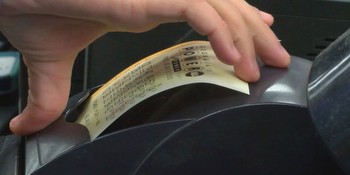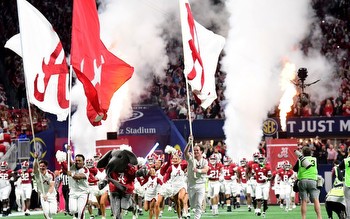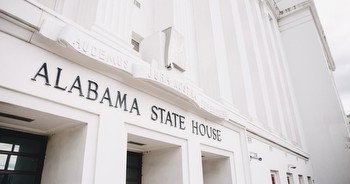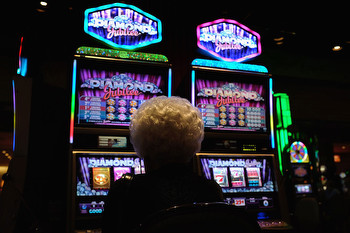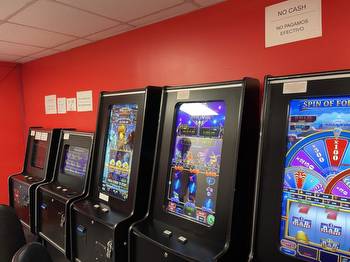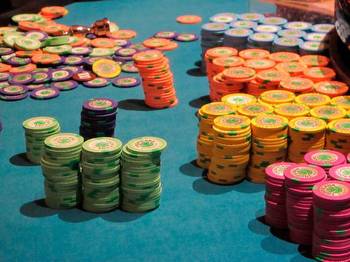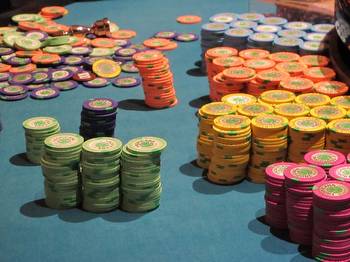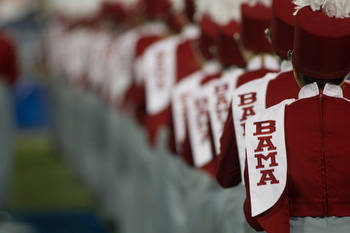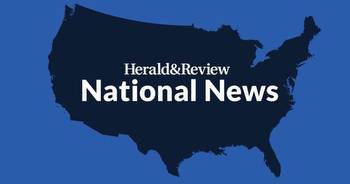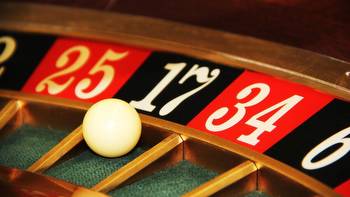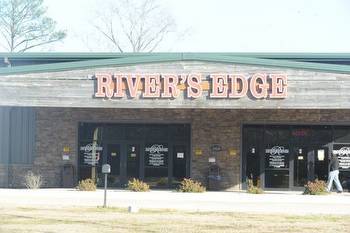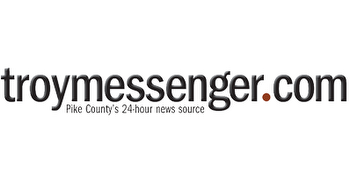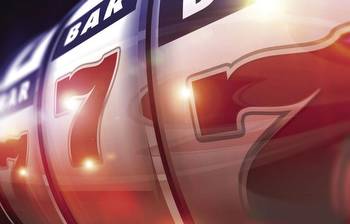Alabama lottery, casino bill 2021: Senate approves measure
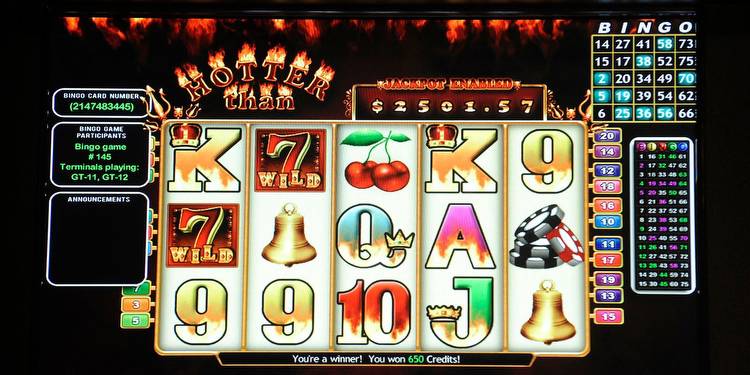
The gambling bill passed the Senate. But now it's got to beat the House.
The Alabama Senate late Tuesday approved what started as a constitutional amendment to allow a lottery but transformed into legislation that would also establish casino-style gambling at six locations in state, allow sports wagering and direct the governor to negotiate a compact with the Poarch Band of Creek Indians.
"We have done a monumental job in overcoming something that's been haunting this body for as long as I've been here," Sen. Jim McClendon, R-Springville, the bill's sponsor, said after the vote.
McClendon also called the bill "one of the strangest pieces of legislation I've ever dealt with," perhaps in part because it was possessed by the spirit of legislation the Senate killed in March. As passed, the McClendon bill was a reborn version of SB 214, sponsored by Sen. Del Marsh, R-Anniston, that the chamber narrowly defeated on March 9.
"Our people are driving across state lines to gamble and purchase lottery tickets, and those neighboring states are collecting the revenue and reaping the benefits straight from the pockets of Alabamians," Marsh said in a statement after the vote. "This is revenue that can be used to finance countless desperately needed projects for our state and improve the quality of life for those who live here."
The bill and associated legislation would create a lottery for the state, with money generated going to postsecondary scholarships and debt forgiveness for students pursuing education degrees "in high-demand fields." The legislation would direct 5% of lottery revenues to a fund for education retirees, until the fund reaches $100 million.
The legislation would also use lottery funds to reduce the state sales tax on groceries from 4% to 2%, starting in 2023. If revenues from the lottery exceed $297 million in any year after 2024, the tax would be cut to 1%. If revenues exceed $396 million, the state levy would be phased out for that year. The bill would prevent local governments from raising local food and grocery taxes, though it would not otherwise affect them.
The amendment would also allow casino-style gaming at VictoryLand in Macon County; GreeneTrack in Greene County; the Birmingham Race Course in Birmingham; the Mobile Greyhound Park; The Crossing at Big Creek, outside Dothan, and a site in Jackson or DeKalb counties, to be run by the Poarch Band of Creek Indians, who operate casinos in Atmore, Montgomery and Wetumpka.
Republicans in the past have called for "simple" lottery bills that would allow a lottery and nothing else. But those proposals have gotten caught in a cold war between dog tracks like VictoryLand and the Poarch Band. The dog tracks fear that a lottery would give the Poarch Band, who operate under federal law, access to video lottery terminals (VLTs) that state law would forbid to them.
Though gambling experts question that, the fears have been enough to sink prior lottery bills. Republicans in the Legislature are divided over gambling, and gambling bills need the support of Democrats, many of whom represent districts with dog tracks. McClendon said Tuesday morning that the lottery bill had to expand to have a chance of passage.
"Over the weekend we’ve checked the count for the plain lottery bill, and it doesn’t seem to be there," he said. "What I’m trying to do is get a lottery. In this case, we’re going to have to make some changes."
Sen. Billy Beasley, D-Clayton, whose district includes VictoryLand, said prior to the vote on Tuesday that he would support the bill.
"It’s a measure to protect existing sites," he said. "That’s important for me, because VictoryLand is in my district."
The Senate also passed three pieces of enabling legislation that would establish a state lottery commission; a state gambling commission; limit political contributions by gambling operators and establish criminal penalties for unlicensed gambling.
The legislation also establishes minimum bids of $35 million for the licenses for the Jefferson and Jackson/DeKalb county facilities; $20 million for Macon County; and $5 million each for the remaining sites. The legislation originally imposed a 20% tax on gambling, but an amendment from Sen. Dan Roberts, R-Birmingham, created a 27% tax on slot machines and electronic bingo, and a 35% tax on table games and other forms of gambling.
As in Marsh's bill, the legislation would allocate 65% of gaming revenue to broadband, though it would cut that off at $750 million as opposed to the $1 billion under Marsh's original amendment. 25% would go to rural health care, and 10% would go to mental health.
The bill moves to the House, which has traditionally been skeptical of gambling legislation. Tuesday was the 22nd day of the 30-day legislative session, and time is becoming a factor for many pieces of legislation not yet passed.
If approved by the House, the lottery bill would go to voters in the November 2022 election.








